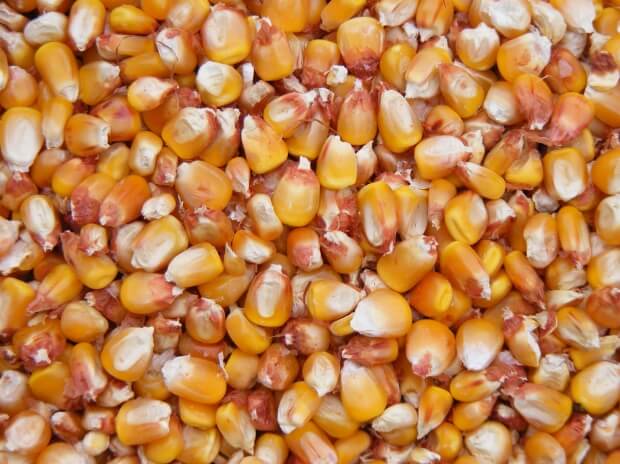Why is the debate over genetically modified foods so twisted by emotion? Why is science taking a backseat to obsession with “unknown unknowns”—exaggerated fears based on doomsday scenarios?
These questions come to mind in the wake of articles over the past two weeks in popular lifestyle magazines, Details and Elle, which credulously stoke conspiratorial fears that the government is covering up evidence that GMO foods can seriously damage the public health.
The Elle article, by freelance journalist Caitlin Shetterly, is particularly appalling as it echoes a familiar talking point in the anti-GMO bible: products made with genetically modified corn, and perhaps all GMO products, may be producing a scourge of hidden allergies and autoimmune diseases—fears that are completely rejected by mainstream science.
It turns out the Elle piece also characterizes numerous scientists as sympathetic to this notion who, when interviewed about their reactions to the piece, expressed outrage at how their comments were manipulated.
“[Shetterly] just twisted what I said to fit her agenda,” says Richard Goodman, a research professor and immunologist at the University of Nebraska-Lincoln’s Food Science and Technology Department. “The risks from GM foods are infinitesimally small. Critics of GM foods raise ‘what if… what if… what if…’ scare scenarios akin to obsessing about whether we will be hit by some unknown or untracked asteroid,” he adds. “If we based decisions about whether to innovate on that level of risk tolerance, we’d still be in the Dark Ages.”
Unfortunately, even as Grist moves to rescue its reputation with some thoughtful analysis by Nathanael Johnson about the GMO controversy and the New York Times features a thoughtful piece on biotech and Florida’s orange crop by Amy Harmon, the far more popular lifestyle magazines remain embarrassing laggards in their treatment of the GMO issue.
Read GLP executive director Jon Entine’s full report on the Elle journalism fiasco at Slate.



Is this organization (Genetic Literacy Project) owned or threatened by Monsanto? Seems a bit in favor of the biotech madness.
Are you owned or threatened by Greenpeace, the Sierra Club, the Soil Association or the OCA? You seem high on the anti-biotech kool-aid.
Try for once to read something without trotting out the guilt-by- association angle.
Chris: As noted in the About section, the GLP is an independent non-profit with no ties, formal or informal to industry or activist organizations. It’s a science driven site and presents all sides of the debate over human and agricultural genetics. If you’re interested in contributing thoughtful views (pro or anti biotechnology) please sign up as a contributor and if it is not a rant, we would be thrilled to publish it.
Why do people always jump to Monsanto when discussing G.E? It shows a major lack of information that this project is trying to correct. Crops are just one piece of the commercial and scientific aspects of genetic engineering. GE is used to create insulin, and engineer sterile mosquitoes to help curb the rampant deaths from malaria and dengue fever. GE is also used to encode information in DNA and working towards curing genetic diseases. The lack of relevant information about GE that only discusses Monsanto is akin to having a discussion about public education and only focusing on math classes.
“level of risk tolerance” says it all. Few, however, think the risk element in all we do and consume through. Gullibility and emotion reign.
A divide that appears indivisible while science education lags.
Score! You got a Nobel Prize winner in your comment thread. (Pretty sure it’s him, otherwise he wouldn’t have said “eukaryotic transcription” – which is what got him the 2006 Nobel Prize in chemistry).